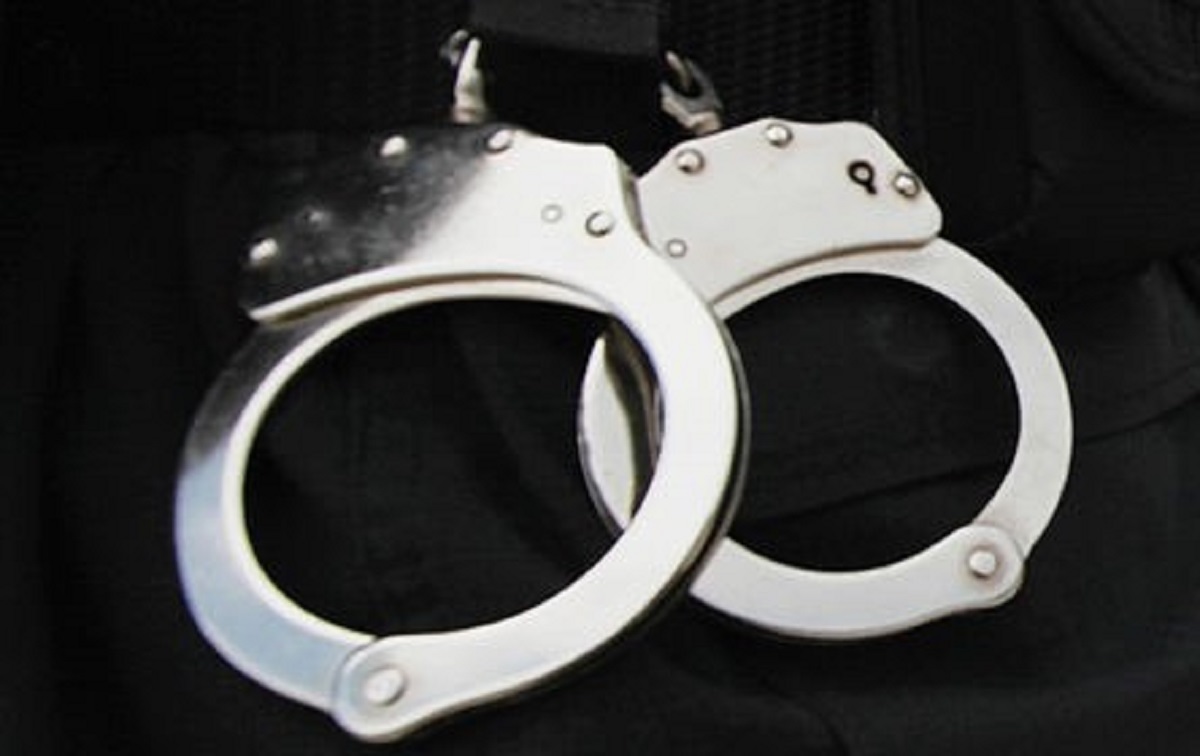At Eglise de Dieu de L’esperance, a small Haitian church in Brooklyn, they’ve noticed their congregation is quickly vanishing. Every Sunday, more faces are disappearing.
“All the chairs are empty. They are empty,” said the Rev. Wilkens Fenelon. “It’s not only my church. It’s all the community, the Haitian community.”
In Flatbush, Haitian-Americans have seen it happening for months. Many told us they have family, friends, and neighbors who have left.
“They gave up everything. Their house, their job,” said Ralph Mythril, a host at a Haitian radio station in the borough. “Kids right now are asking their mommy, “What are we doing here? Why did we leave our house in Brooklyn?”
It’s part of a new exodus -- thousands of immigrants fleeing America, fearing deportation under the Trump administration, including many Haitians who came to America as refugees after a catastrophic magnitude 7.0 earthquake rocked the Caribbean nation.
After that quake left more than 100,000 dead and leveled swaths of Port-Au-Prince, the U.S. welcomed nearly 60,000 Haitians as refugees; many of them settled in New York and Miami.
Those refugees were granted Temporary Protected Status, or “TPS”, in America. But recently, the Trump administration has indicated it may allow the Temporary Protected Status program to expire in January, saying it’s an action requiring legislative action.
Local
Now, thousands of refugees who fled Haiti are running again -- this time, from the U.S. They fear deportation to Haiti, a country still wracked by poverty, instability, and political violence. They’re escaping to Canada, seeking asylum.
The I-Team travelled to a country road in Champlain, New York, right on the New York-Canada border. So many refugees have been crossing there, Canadian authorities have set up a temporary police checkpoint.
That's where Johnny, a refugee who refused to give his last name, told the I-Team he’s a Haitian immigrant in the U.S. legally under the TPS program. But he’s afraid his legal status in America will be taken away by the Trump administration, so he gave up his life in Miami and traveled 1,600 miles by bus and taxi in hopes of a new life in Canada.
“I leave my car, I leave everything. I give up my job,” Johnny said. “I’m very scared about President Trump.”
Johnny said he was desperate and that he was afraid the U.S. would send him back to Haiti. But Johnny didn’t realize is Canada isn’t the safe haven he was led to believe.
As he approached the border, a Canadian officer stopped him in the woods just 10 yards before the border. She warned him he’d be arrested if he crossed over.
That’s not what Johnny expected. He and thousands of others were led to the Canadian border by lies on social media. Viral social media posts shared on WhatsApp, Facebook and YouTube claimed Canada would welcome Haitian immigrants with open arms.
One of the most widely shared posts by someone claiming to be immigration attorney Macx Jean-Louis even states the Canadian government will pay the fees of Haitian asylum seekers. But the real Jean-Louis told the I-Team it was a hoax.
“If you look at it, my name is spelled wrong,” he said. “None of this is true.”
That post is what brought Johnny there. He told us he had didn’t know what would happen to him when he crossed the border.
The truth is, there are no guarantees in Canada, either. Most who cross into Canada illegally are immediately arrested and put into a makeshift refugee camp built by the Canadian military. They may eventually be placed into one of Montreal’s overcrowded shelters, stuck in limbo for weeks as the Canadian government decides the fate of their asylum applications.
Canadian officials have said asylum would only be granted in extreme cases. Experts say most of the thousands crossing over to Canada will be deported. But not to where they think.
“They’re not going back to the United States,” said Jean-Louis. “They’re going to be sent back to Haiti.”
Johnny eventually heeded the officer’s warnings and decided to try and cross legally into Canada at another border crossing. He said he knew his chances of getting asylum are low, but his wife is already in Canada, which could help his chances.
“I feel worried,” he said.
Back in Brooklyn, all Fenelon’s dwindling congregation can do is pray for Johnny and others like him. More and more Haitians are leaving every week.
“It’s very sad, because they love America. They want to stay in America. They love America,” Fenelon said.



